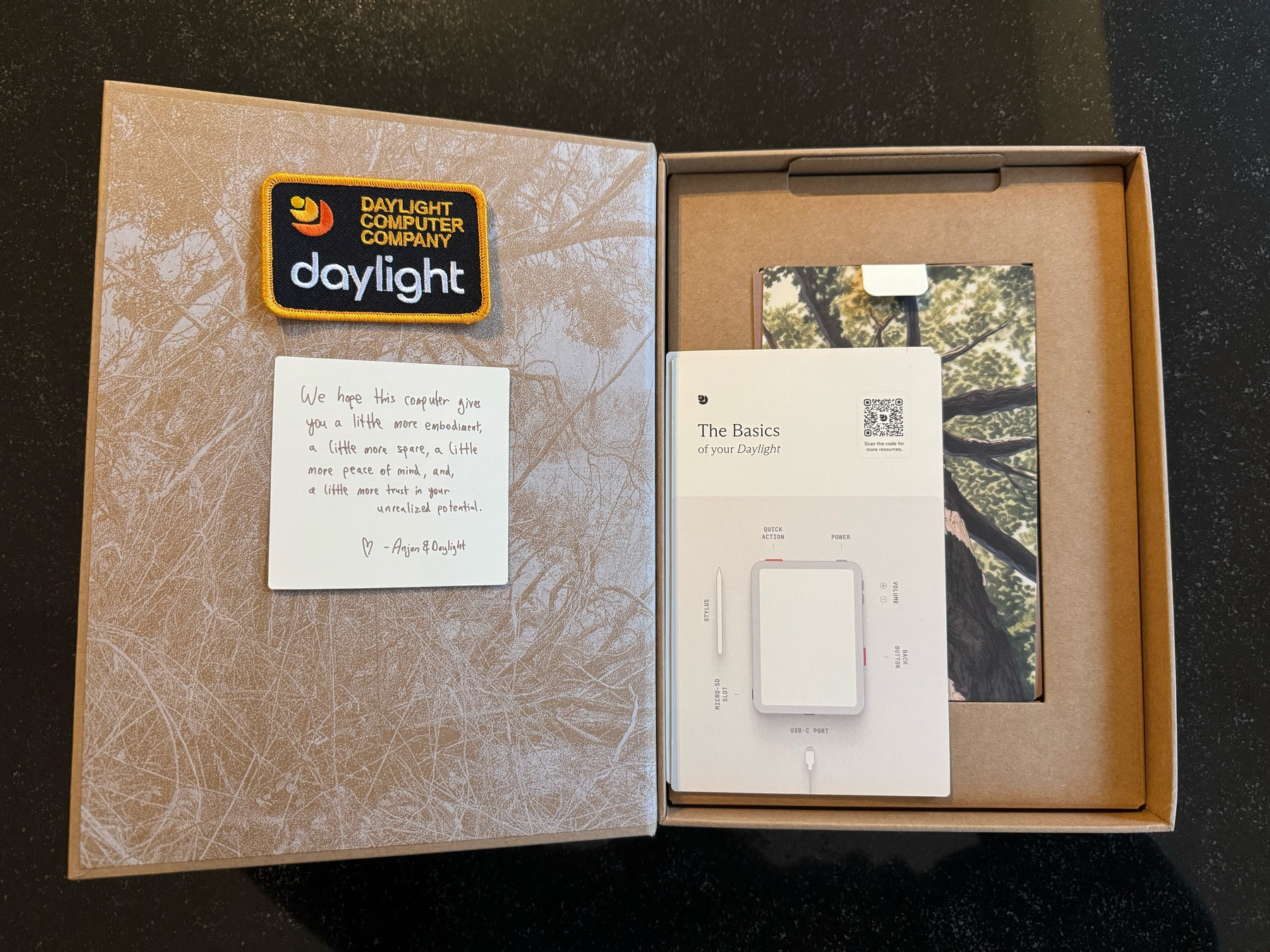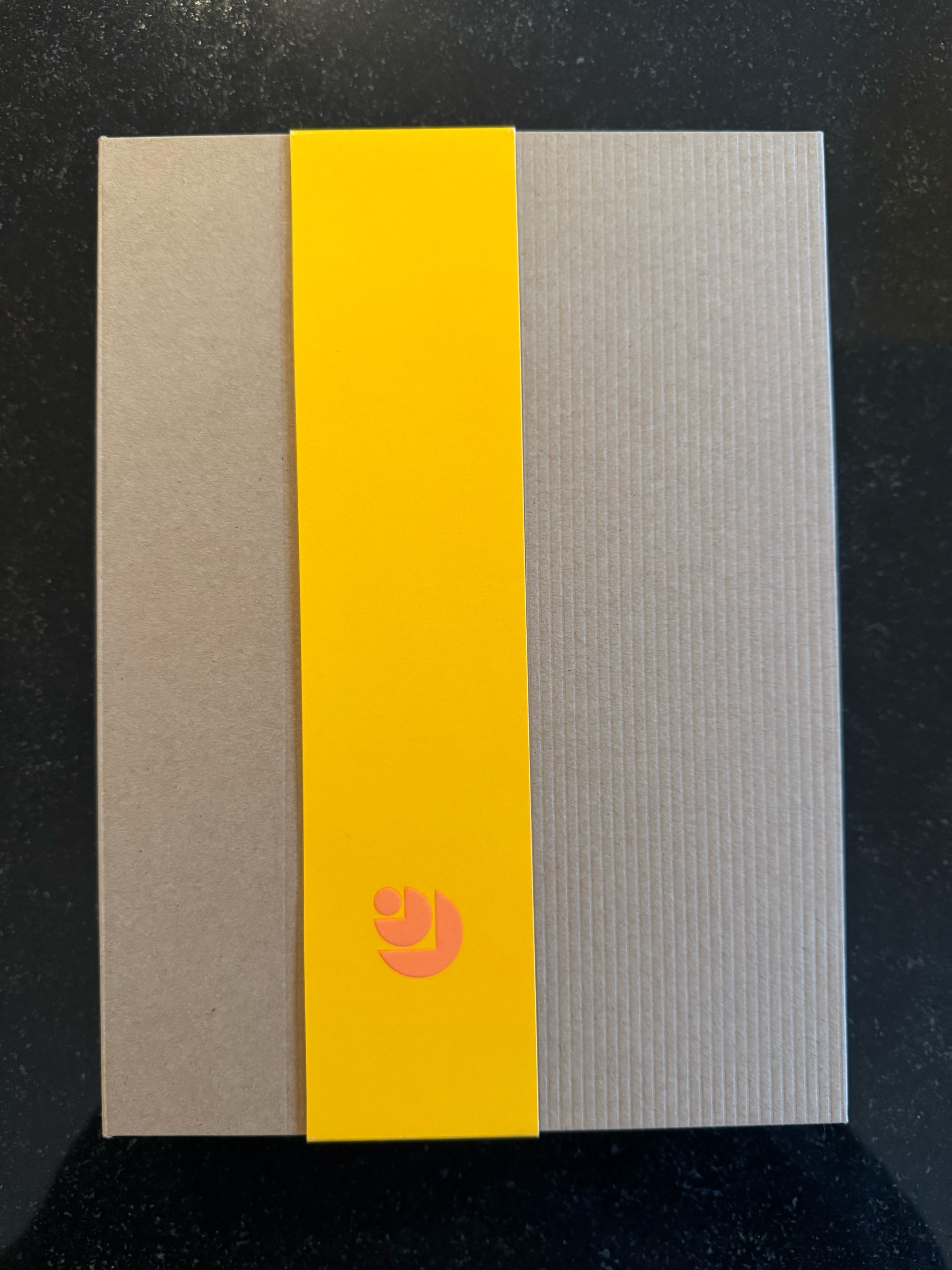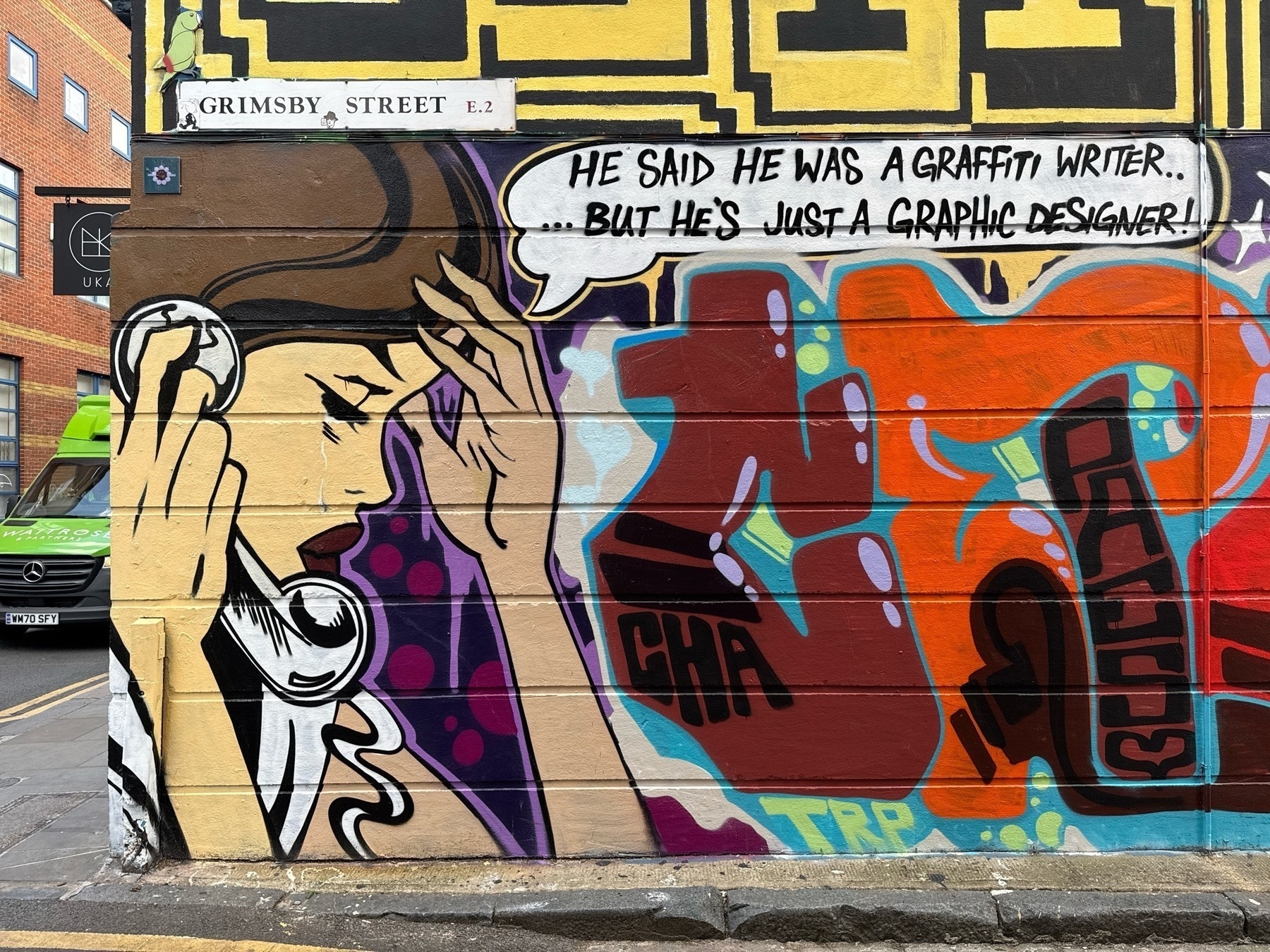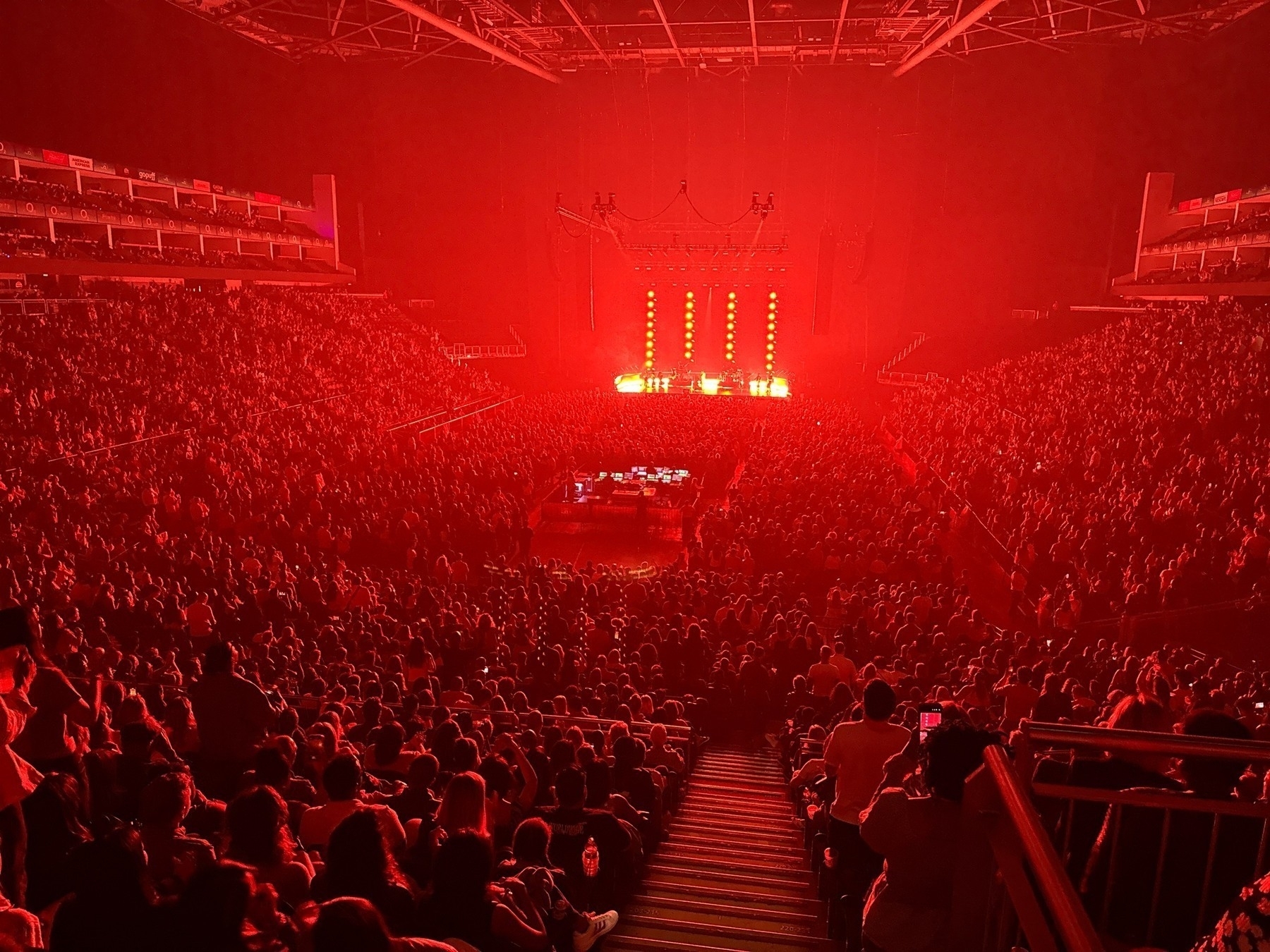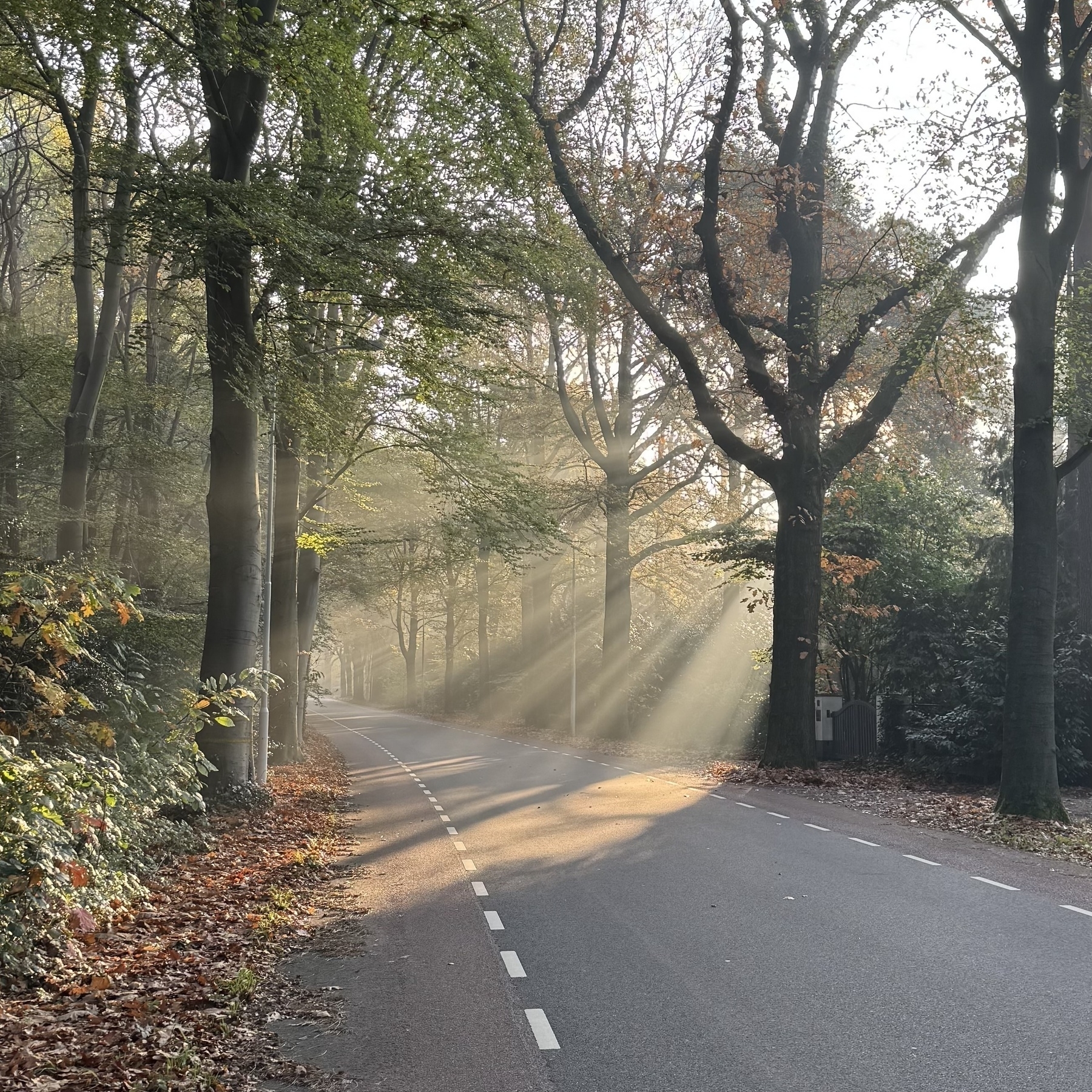
Finished reading: Trickster Makes this World by Lewis Hyde 📚 5/5 amazing stories and perspectives. I’ll need to reread/listen this again some day.

Finished reading: Ghost on the Throne by James Romm 📚— An actual game of Thrones. Fascinating and even though this is all historical facts, it was a thrill to listen. 4/5

Finished reading: TIME/LIFE by Catherine Mayer 📚 — I have been waiting for this audiobook to become available after reading good reviews on the book. The audiobook is good too, with many accents and voice types done by the narrator. Good story too, and very much set in the now of time. 5/5

Finished reading: Before the Coffee Gets Cold by Toshikazu Kawaguchi 📚suggested by a colleague. I took time to read this book, but should have read it in one go. I like how the story fits together, and enjoyed the book. 4/5
SXSW 2026 as an indicator of next years general themes
I’ve submitted 2 proposals for SXSW 2026 and I’m now combing through the other submissions. Till August 24 people can vote on the sessions they think are most interesting (you can heart mine if you like the ideas).
SXSW usually is an interesting melting pot of opinions, visions, etc around what’s going to be current over the next year or so. Therefore the proposals carry some signal in what will dominate the industry for 2026.
Also, SXSW has been morphing over the years; the audience is evolving, emphasis is shifting, popularity is in flux, etc.
This is the first time since 2020 I’m looking at the makeup of the sessions. It’s interesting to see how the amount of submissions dropped from over 6000 (incl. EDU) to about 4500 proposals. Back in 2020, Austin was the only location for SXSW, now there are 3 across the globe.
When looking at the proposals, the most popular formats are panels, and presentations. It’s too bad I don’t have the data for last years panel picker submissions, but from the program I know that the majority of the sessions was panels, not presentations.
The Advertising & Brands track is the most popular track, closely followed by the AI track when it comes to volume of proposals. Health and Wellness is at a close third. Quantum continues to be a niche (only 5 proposals).
I’ll be posting a little more on the findings from the proposals over the next week or two.
I’ve been beta testing Macrowave, a peer-to-peer pirate broadcaster. The app launched 2 days ago, so whenever I put on my work music, you can listen along. I’m live now if you like to listen along.
The Full Spectrum of Human Responses to AI: Reflections from SXSW London
I recently attended SXSW London expecting future trends and industry insights. But threaded through it all was something more human: emotion.
There was no denial. Across panels, hallway conversations, and lunch debates, one thing became clear: everyone is aware of the tools — their power, their presence, their inevitability. The question is no longer whether to engage with AI, but how.
And within that “how,” I encountered a remarkable range of perspectives. We’re figuring out what the tool is for. As we do so, people are going through the full spectrum of emotional responses to AI. Not just feelings, but also instincts, impulses, and ways of coping: fear, excitement, resistance, curiosity, and creativity. It reminds me of the stages of grief, though not as mourning, but as transformation.
Let me share the emotions I came across:
Resistance – For some, the response to AI is a defensive one. Across several panels, I heard voices calling for stricter regulation, oversight, and even certification for creators. Perhaps it’s a European instinct, to not leave everything to the companies and protect the people. This time it felt different, though; it came across as an effort to preserve legacy structures. Fortifying ruling institutes. The tools are already out there, and people are already experimenting.
One session in particular stayed with me. A licensing director shared the idea of certifying producers as a way to ensure quality and uphold standards. The intention made sense. Still, it prompted me to think about how such measures, even if well-meaning, can end up reinforcing the position of those already established, rather than creating room for voices still emerging.
And it’s precisely those voices (the ones experimenting at the edges) that I find most exciting. They’re exploring new ways of creating, often in unpredictable directions. These are not always polished or perfect, but they carry the spark of something new. That spirit of exploration doesn’t wait for permission. People are already trying things, exploring with curiosity, and innovation is coming from those willing to play, fail, and try again.
Negotiation – Others aren’t resisting. They’re negotiating, trying to adapt outdated systems as a response to the changing reality. In music, the conversation wasn’t just about rights or authorship, but about incentives. The current models aren’t built for this reality.
One question came up repeatedly: how do we value something like the viral sound of a vacuum cleaner or a washing machine compared to a carefully composed piece of music, when streaming platforms reward time listened above all? Another challenge: how do you maintain quality when your platform receives more content than any human team could possibly review?
Deezer seems to be the only platform working on adapting their platform to the influx of generated music. They shared that, in just one month, a single user uploaded 20,000 pieces of content to their platform. In response, the company is now developing AI tools to detect and limit spammy or manipulative uploads. A technical solution to an economic and cultural shift.
What stood out wasn’t fear, but a kind of pragmatic curiosity. With no clear standards yet for identifying generated music, some choose to build their own. People aren’t trying to stop the wave. They are learning how to swim in it.
Grief – Not everyone felt excited or empowered. For some, the presence of AI stirred something much deeper: a quiet, personal kind of grief.
It’s easy to say that people should adapt, that progress always comes with change. But that perspective feels different when you’re speaking to someone your age, someone skilled and accomplished, someone now watching their role gradually disappear.
In those conversations, the topic wasn’t really technology. It was a loss. The slow erosion of a soon to be craft of the past, a purpose, a future that once felt predictable.
There was sadness in those moments. And also resignation. A sense of being left behind by something moving too fast and asking too much, too soon. It reminded me that not all grief comes with drama. Sometimes, it’s just a quiet pause before acceptance.
Acceptance – And yet, amid the fear and grief, I also saw people reaching a different stage. Not resignation, but acceptance. For those open to change, this moment holds a strange kind of freedom. The rules are being rewritten. The gatekeepers are looking elsewhere. And the tools that once felt out of reach are suddenly accessible.
Acceptance doesn’t mean clarity or certainty, but it creates room for exploration. New skills, unexpected careers, and opportunities that couldn’t have existed five years ago are beginning to take shape.
At SXSW London, I saw glimpses of that. I saw people using AI not as a shortcut, but as an invitation to go beyond. Projects like the Avatar Robot Café, where remote workers with physical disabilities operate robots in a real café, or Voyage Telesist, a platform enabling virtual presence through robotics, didn’t feel like futuristic demos. They are actual examples of jobs enabled and already created by the technological trends. Signs of what’s already possible.
This shift is leveling the playing field. Curious minds are now achieving levels of quality that once seemed out of reach, using tools that were unimaginable until recently. With that comes a wave of new possibilities — careers, forms of expression, and ideas we’re only just beginning to understand.
Why It Matters What stayed with me after SXSW London wasn’t a particular talk or technology, but a feeling. We are in the middle of something unfinished, uncertain, and full of potential. The mood wasn’t unified, but it was rich in diversity and very real. People showed up expecting answers and left with better questions. And that’s exactly why we go to these types of events.
At DNA.inc, we care deeply about showing up. Not just to speak, but to listen.
We attend events like SXSW because they help us stay close to the cultural undercurrents that don’t always show up in headlines or metrics. They allow us to sense the emotional and creative shifts that are shaping how people work, create, and relate to technology.
This matters because we don’t build in isolation. We collaborate with artists, brands, engineers, and communities, each experiencing these changes from different angles. To do meaningful work, we need to understand not only what is possible, but also what is resonating, what is difficult, and what is emerging.
Afterwards, we take time to reflect on what we heard, what we questioned, and what we felt. Some of those ideas feed directly into our work. Others spark conversations with collaborators, partners, and peers. For us, it’s not just about attending, but about staying engaged with what matters, even after the event ends.
If any of this resonates with you, we’d love to keep the conversation going. We’re exploring this space too, and we believe the future of AI is something we learn by learning together.
This post was originally posted on LinkedIn. Thank you Diana for helping with getting my story straight.
Presentation proposal submitted! 5 years ago SXSW was canceled last minute. I didn’t get to take the stage, but I hope 2026 provides another opportunity 🤞 More on what I proposed in a few weeks…


Finished reading: Finite and Infinite Games by James P. Carse 📚 – Another book that has been on the list of years. I enjoyed the perspectives and expect I’ll continue to think about the ideas from this book for some time to come. 5/5

Finished reading: The Coaching Habit by Michael Bungay Stanier 📚 this has been on my list for years too. It’s a quick read, and maybe longer than it needs to be. While it’s good to have the points repeated, I didn’t learn much new from the book. Maybe that was what I should have expected. 3/5

Finished reading: Amusing Ourselves to Death by Neil Postman 📚 – I finished this book a few weeks ago after having it on my list for a few years. While it’s about Television and entertainment, and it’s about the world in the mid 80’s, it rhymes a lot with the world we have today. I enjoyed it - 5/5
I’m juggling with my accounts on micro.blog (cross posting to Mastodon, Bluesky and Pixelfed), Mastodon (2 accounts) and omg.lol (cross posting to Mastodon and some.pics). I should think through what goes where and how they link up.

Finished reading: Better Small Talk: Talk to Anyone, Avoid Awkwardness, Generate Deep Conversations, and Make Real Friends by Patrick King 📚 I didn’t expect much from this book, but it actually was pretty solid, and a thorough look at a very specific topic. It gave me some concepts that help me better understand how small talk works. These are things I felt, but now can put in a broader context. I’d recommend it. 5/5

